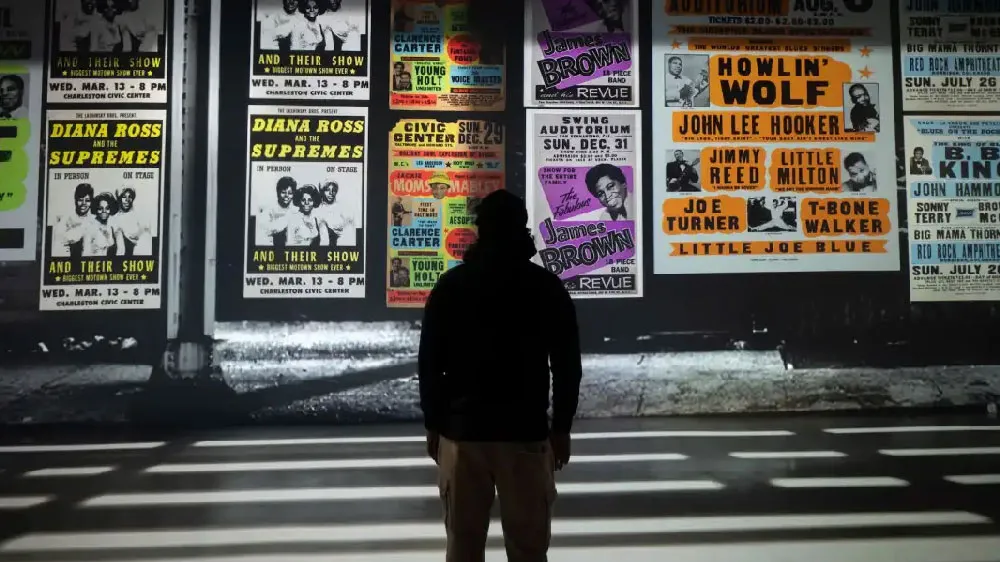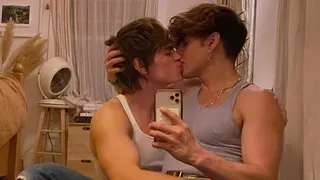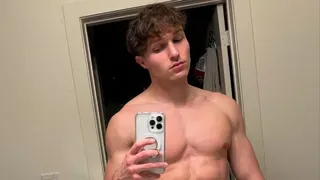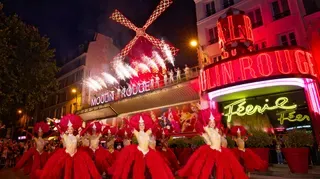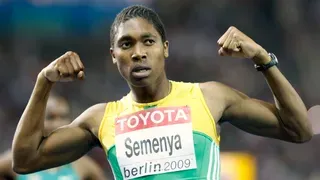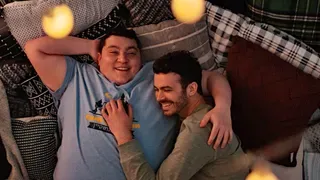July 15, 2022
Van Gogh Self-Portrait Found Hidden Behind Another Painting
READ TIME: 1 MIN.
A previously unknown self-portrait of Vincent Van Gogh has been discovered behind another of the artist's paintings, the National Galleries of Scotland said Thursday.
The self-portrait was found on the back of Van Gogh's "Head of a Peasant Woman" when experts at the Edinburgh gallery took an X-ray of the canvas ahead of an upcoming exhibition. The work is believed to have been hidden for over a century, covered by layers of glue and cardboard when it was framed in the early 20th century.
Van Gogh was known for turning canvases around and painting on the other side to save money.
The portrait shows a bearded sitter in a brimmed hat. Experts said the subject was instantly recognizable as the artist himself, and is thought to be from his early work. The left ear is clearly visible and Van Gogh famously cut his off in 1888.
Frances Fowle, a senior curator at the National Galleries of Scotland, said the discovery was "thrilling."
"Moments like this are incredibly rare," she said. "We have discovered an unknown work by Vincent Van Gogh, one of the most important and popular artists in the world."
The gallery said experts are evaluating how to remove the glue and cardboard without harming "Head of a Peasant Woman."
Visitors to an upcoming Impressionist exhibit at the Royal Scottish Academy in Edinburgh can see an X-ray image of the self-portrait through a lightbox.
"A Taste for Impressionism" runs from Jul. 30 to Nov. 13.
